 Earlier this year, a raging controversy regarding a new drug spilled into the pages of a leading medical journal: the head of the U.S. Food and Drug Administration and another official publicly called for the retraction or correction of a peer-reviewed article about the drug. They didn’t get their wish. Now, documents released by the FDA via a lawsuit shed light on the attempt — and show how tricky it can be to correct the official record.
Earlier this year, a raging controversy regarding a new drug spilled into the pages of a leading medical journal: the head of the U.S. Food and Drug Administration and another official publicly called for the retraction or correction of a peer-reviewed article about the drug. They didn’t get their wish. Now, documents released by the FDA via a lawsuit shed light on the attempt — and show how tricky it can be to correct the official record.
The controversy surrounds the approval of eteplirsen, a drug approved last September to treat Duchenne Muscular Dystrophy, a rare but invariably fatal disease that strikes (mostly) young boys. Eteplirsen was approved over the objections of the FDA team that reviewed the drug, which determined that there was insufficient evidence to approve the drug.
But the controversy didn’t end within the walls of the FDA complex. Ellis Unger, who led the review team, believed that one of the principal studies of the drug, published in the Annals of Neurology, was “misleading” because it was based on “unreliable data.” So in early November, Unger, joined by the then-head of the FDA, Robert Califf, took the extremely rare move of writing to the editor of the journal to “urge that the paper be corrected or retracted….”
According to the documents, the authors of the Annals article did, in fact, agree to correct the article.
On November 9, 2016, Clifford Saper, Annals‘ editor in chief, wrote to Califf and Unger:
Continue reading Released FDA docs reveal details of agency’s (failed) attempt to retract paper
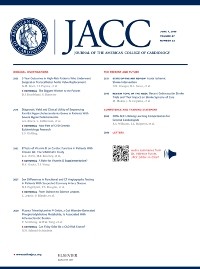 In June,
In June, 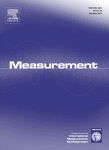

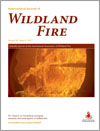

 A journal has retracted
A journal has retracted 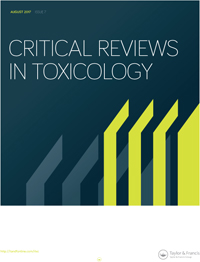 Peer reviewers, like authors, are supposed to
Peer reviewers, like authors, are supposed to 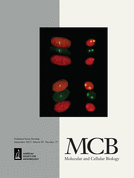 A biology journal has issued a correction to a 2014 paper by a researcher with 11 retractions, citing “inadvertent errors” that don’t affect the conclusions.
A biology journal has issued a correction to a 2014 paper by a researcher with 11 retractions, citing “inadvertent errors” that don’t affect the conclusions. Last week,
Last week,